Antonio Fumero
I+D. Todo se puede solucionar con una cerveza fría.
Nota: Artículo disponible solo en inglés.
Metaverse beyond “Meta”
I’ve been offered the opportunity to join the scientific track of FIWARE global summit 2022. I’ll be joining Wednesday’s track in the afternoon on “collaborative data analysis in the Metaverse”. I’ll be trying to focus on the Metaverse beyond the hype, and the growing number of buzzwords populating such a rising universe.
According to Avivah Litan (VP Analyst in Gartner Research:
"Metaverse will enable enterprises to expand and enhance their businesses in unprecedented ways. However, today’s adoption of metaverse technologies is nascent and fragmented. Gartner expects that it will take at least a decade before metaverse reaches mainstream adoption – the “Plateau of Productivity” on the Hype Cycle.”.
The Rise of the 'dataverse'
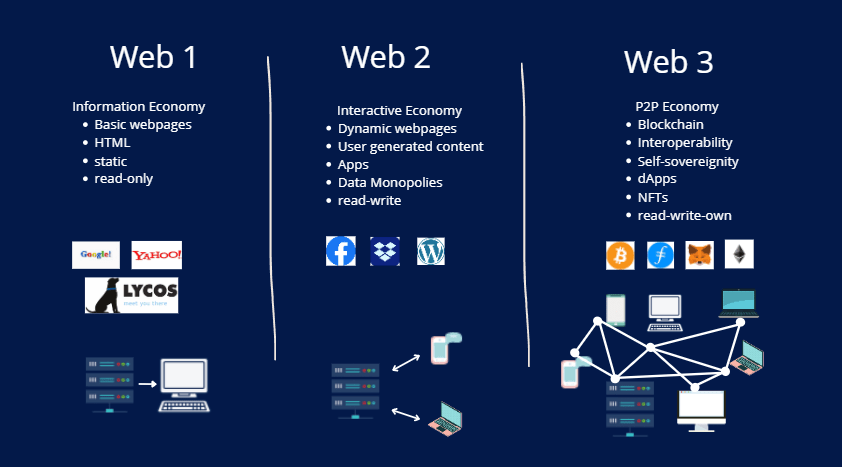
A collective virtual 3D shared space, created by the convergence of virtually enhanced physical and digital reality. A metaverse is persistent, providing enhanced immersive experiences. A complete metaverse will be device-independent, and will not be owned by a single vendor. It will have a virtual economy of itself, enabled by digital currencies and NFTs.
The self-evident part of the metaverse
I would say that it is the self-evident part of the metaverse, i.e. the three-dimensional shared space as the new UI for the Web3, that is blurring the reality behind the scenes. I mean a truly decentralized data economy that is slowly being built with a number of titanic efforts. I think that, in some way, data (the raw material the dataverse is being built of) is the elephant in the Web3’s room. For the sake of understanding, instead of allowing citizens to fulfill the legacy, mandatory, paperwork they need for requiring any of the public administration’s services via their brand new avatar entering the augmented/virtual facilities of the town hall within the metaverse, we need that citizens to be able to manage -via a self-sovereign identity scheme- their own personal data in order to be properly served, in a timely manner, by the officials responsible for this or that public administration.Web3 can be considered a kind of “movement”
Self-sovereign data could be, as Craig Danton has suggested, “the next killer application” in resembling “this concept of a community “dataverse” where people or corporations freely share data”, a lá Snowcrash. If we get rid of its dystopian approach, Does it sound familiar to you? I’m talking about ‘data spaces’ as marketplaces where data will be seamlessly traded, monetized, and utilized… allowing data “to emerge as its own asset class”. Web3 can be considered a kind of “movement” striving to rebuild the internet’s infrastructure in a decentralized way using primarily distributed ledger technology (DLT), e.g. blockchains. And the key question here, as some crypto skeptic good friends have been focusing their attention on for some time, is the one for decentralization: you can argue that such a decentralization is the key attribute behind such metaverse technologies; but in the end, as Luis García de la Fuente has been noticing, the power behind the numerous initiatives labeled as #web3 is actually very centralized, as a few venture capitalists and tech giants are occupying the Web3 space.
Reference Links:
https://en.wedatanation.io/blog/the-rise-of-the-dataverse https://en.wedatanation.io/blog/the-liberalization-of-our-data https://www.gartner.com/en/newsroom/press-releases/2022-08-30-metaverse-web3-and-crypto-separating-blockchain-hype-from-reality https://www.fiware.org/global-summit/#agenda https://craigdanton.medium.com/web3-enables-a-new-data-economy-199f431c7be https://www.youtube.com/watch?v=ZG5-WyT7lcM https://www.nlc.org/resource/cities-and-the-metaverse https://www.newyorker.com/magazine/2014/10/13/planning-machine https://en.wikipedia.org/wiki/Project_Cybersyn https://www.fiware.org/global-summit/#agenda https://www.linkedin.com/in/luisgdelafuente/ https://www.linkedin.com/in/craig-danton-5508471a/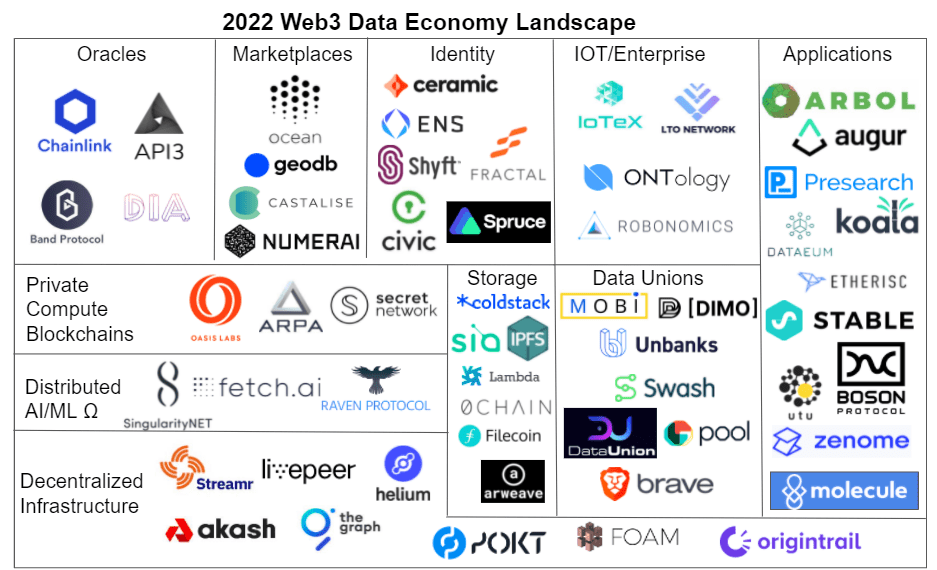
e-Fumérides
In 2021, the Shanghai Municipal Commission of Economy and Information Technology released a plan encouraging exploration of the metaverse across industries, the city of Santa Monica offers a virtual way to experience its downtown district through FlickPlay, a local metaverse social app company, and as part of the five-year metaverse Seoul promotion master plan, Seoul will invest $3.3 million to develop a communications platform that will enable the city to provide services to its residents in the metaverse”.
Otros artículos
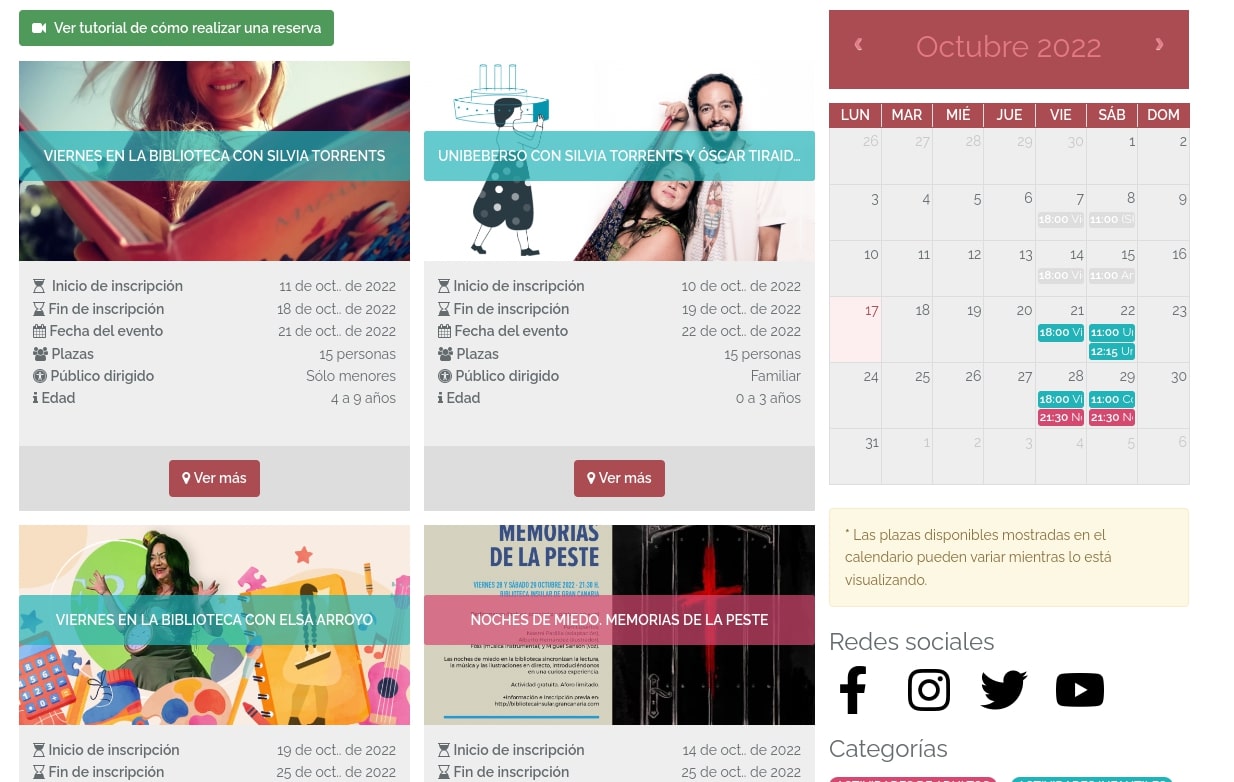
Aplicación web para gestionar las visitas y eventos en las bibliotecas de Gran Canaria
El equipo Shinobi de Edosoft ha desarrollado una aplicación web para gestionar las visitas y eventos en las bibliotecas de Gran Canaria.
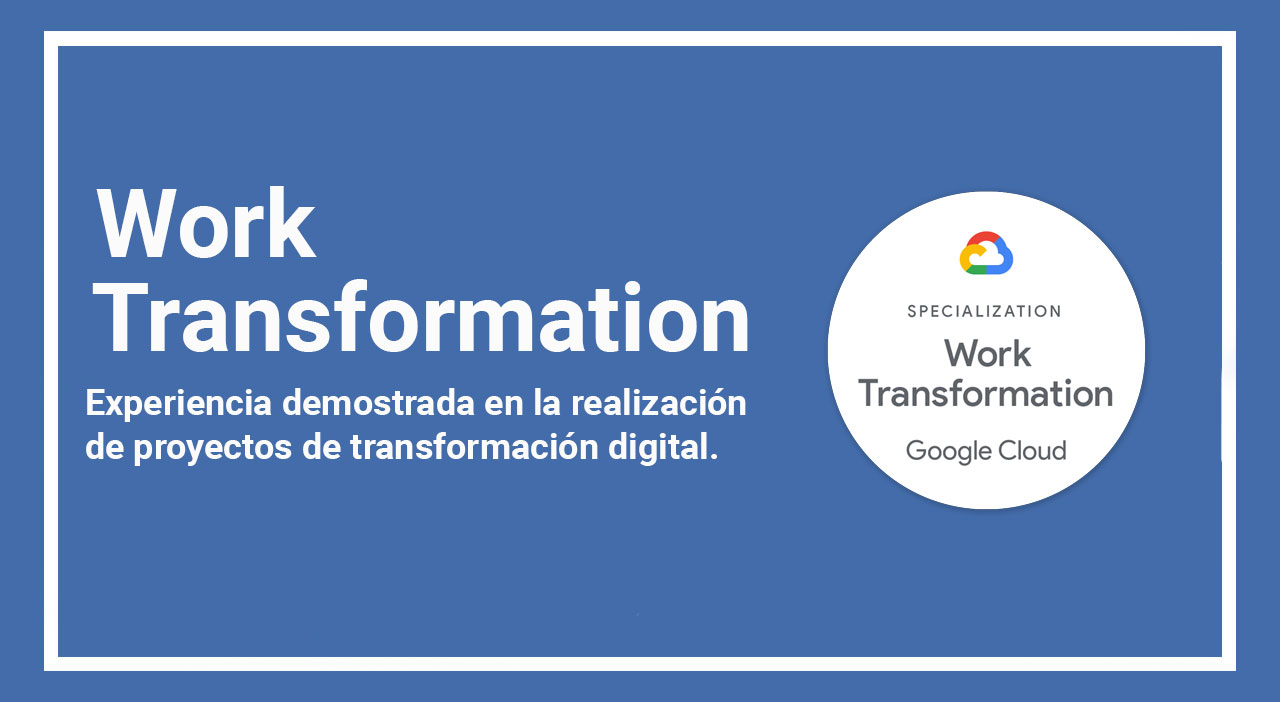
Edosoft consigue la especialización ‘Work Transformation’ como partner de Google
La especialización ‘Work Transformation’ reconoce y acredita tanto la experiencia demostrable como técnica transformando negocios.
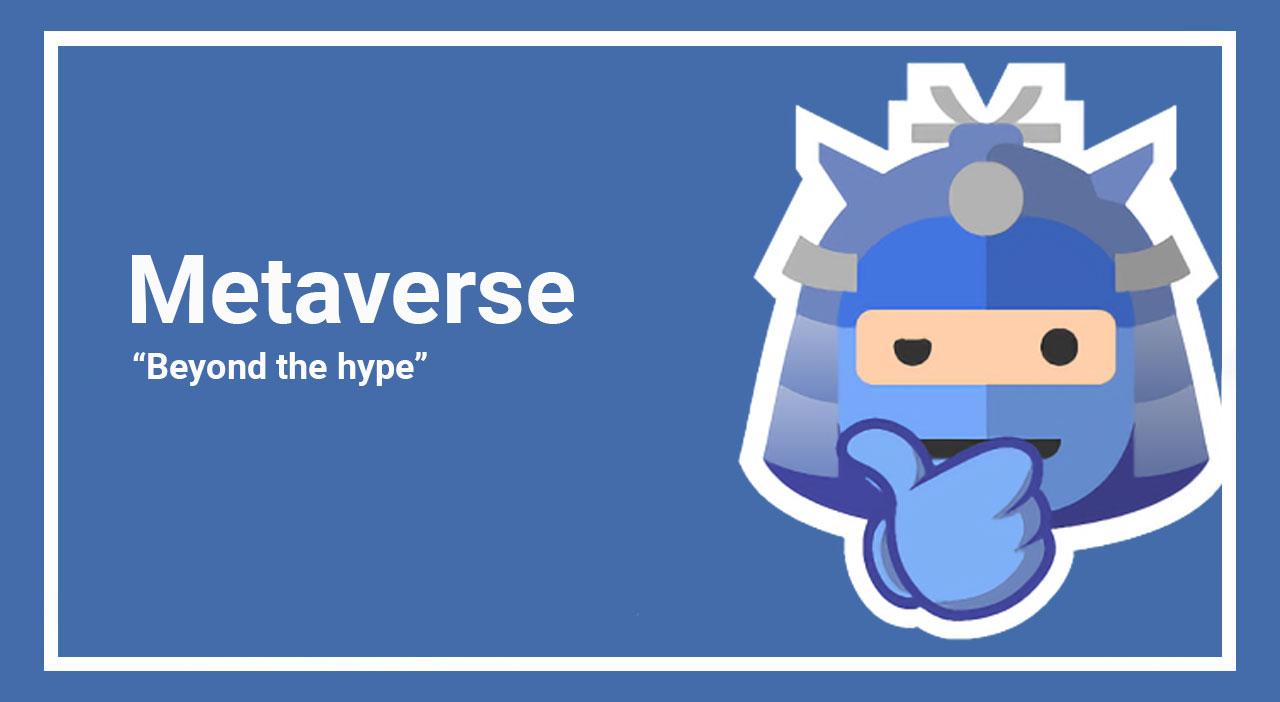
Metaverse beyond the hype
The Metaverse beyond the hype, and the growing number of buzzwords populating such a rising universe.
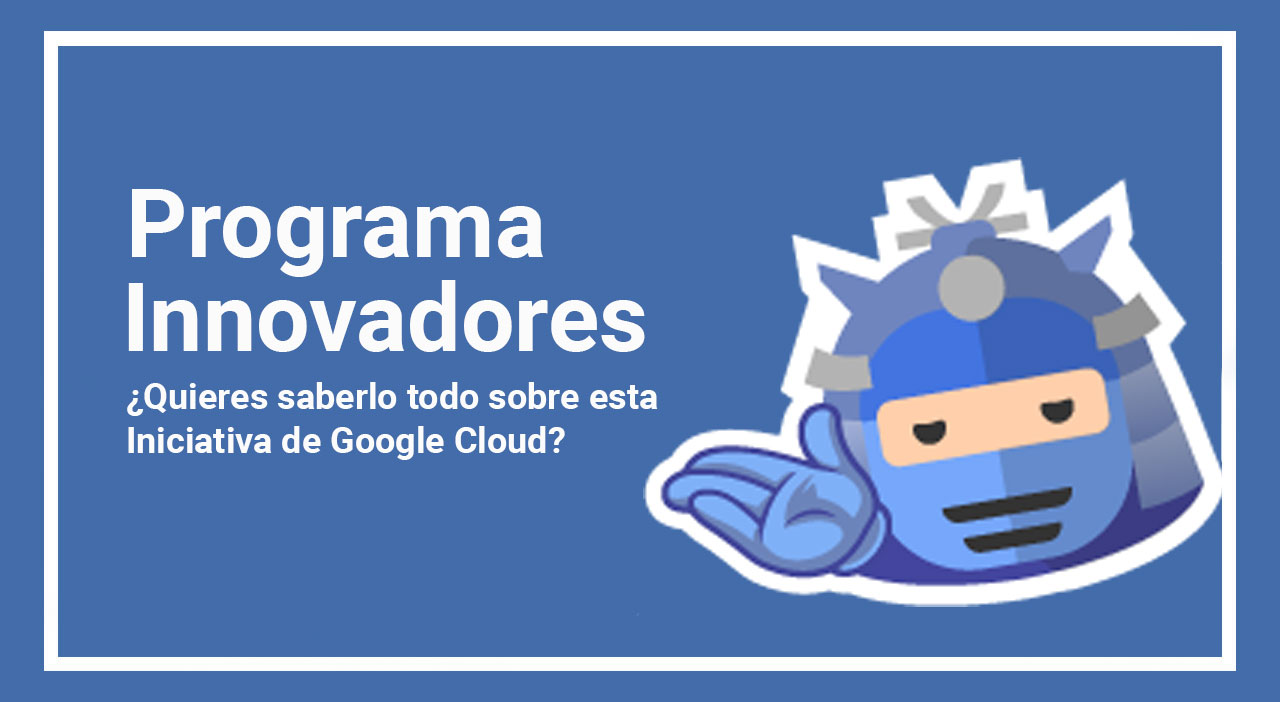
¿Qué es el programa Innovadores de Google Cloud?
El programa Innovadores de Google permite a los usuarios capacitarse y contribuir a la comunidad con una ingente cantidad de contenidos.
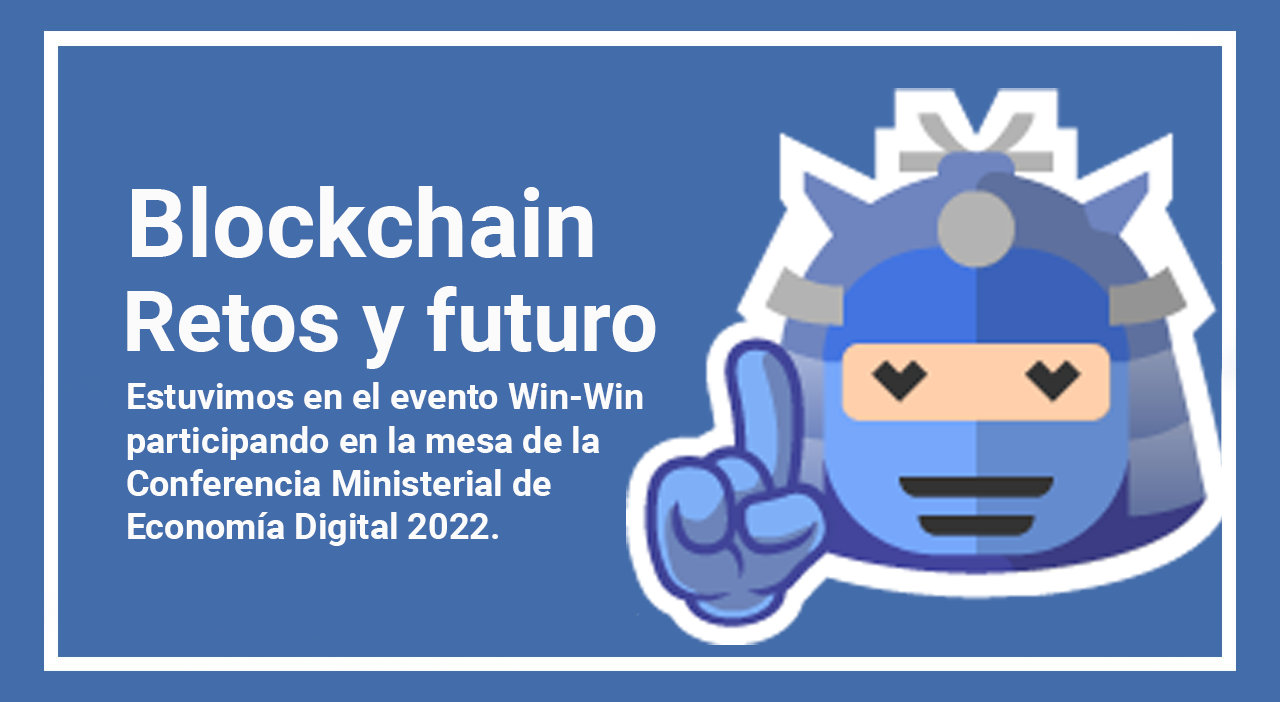
Edosoft participó en Conferencia Ministerial de Economía Digital 2022
Nuestro CEO, Daniel Santana, estuvo representando a Edosoft como empresa transformadora en el uso de Blockchain.